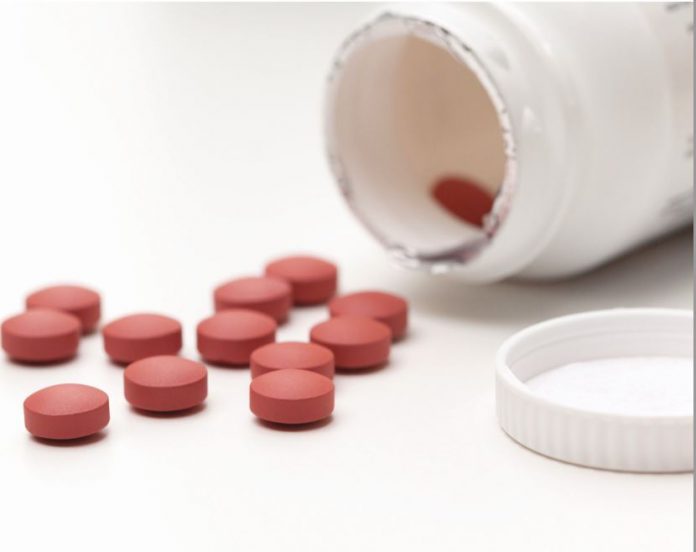The federal caretaker cabinet on the recommendation of the Ministry of National Health approved the proposals regarding the deregulation of the prices of the medicines which were not included in the national list of essential medicines (NEML).
This deregulation allows for adjustments in non-essential medicine prices, exempting them from the Drugs Act 1976 and prompting updates to the 2018 Drug Pricing Policy.
As per DRAP 2018 policy, the market retail price of pharmaceutical products had been linked to the Consumer Price Index (CPI) effective from Jul 01, 2018. This pricing formula allows pharma companies to increase prices by giving 30 days’ notice to DRAP (no need for prior approval) vs. 6 months lag that used to delay increase in prices.
The DRAP pricing policy of 2018 has categorized drugs into two segments i.e. essential and non-essential drugs. Essential drug prices can be increased by up to 70% of annual CPI or a maximum of 7% while for non-essential drugs, prices can be increased by full annual CPI with the maximum allowed limit of 10%.
In hardship cases, prices are reviewed once in three years where (i) locally manufactured drug price is set considering the cost of API, excipients, and packaging cost; (ii) imported drug prices are set at landed cost plus mark-up of 45% for anti-cancer, biologicals while 40% mark-up on anti-retroviral, and (iii) imported drugs with the local labelling price set at landed cost plus packaging cost plus a mark-up of 45%.
To recall, last year in May-2023, Cabinet approved one-time dispensation, enabling manufacturers and importers to increase their existing MRPs of essential drugs and biologicals equal to a 70% increase in CPI (with a cap of 14%) and MRP of all other non-essential biologicals up-to increase in CPI (with a cap of 20%) on the basis of average CPI for current year i.e. Jul-2022 to April 2023 subject to few conditions. This was done because pharmaceutical companies were facing severe pressure on margins due to abnormally high inflation and PKR devaluation.
Additionally, the Pakistan Medical and Dental Council has been tasked with ensuring that healthcare providers refrain from prescribing non-essential vitamins, minerals, multivitamins, and over-the-counter products.
The Drug Regulatory Authority of Pakistan (DRAP) is set to curate a list of these products, adhering to international standards and coordinating with provincial governments.





clowns at work.